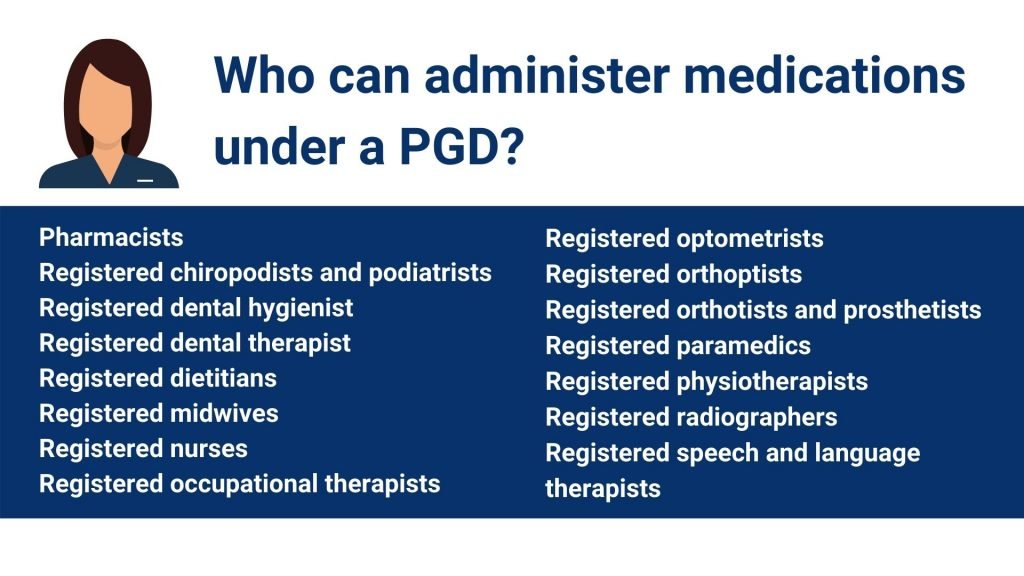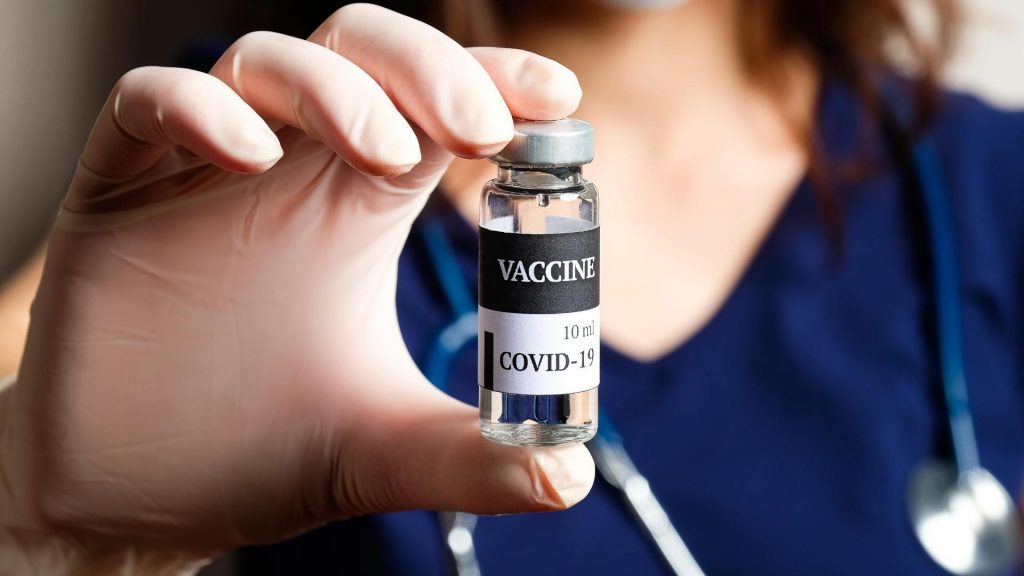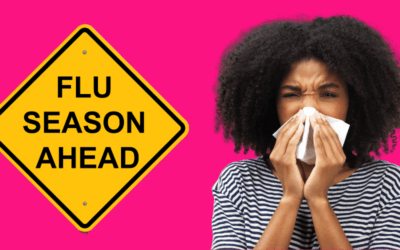Will we have enough staff?
Welcome to part IV of our ‘what you need to know about the National Minimum Standards’ series. This week we will look at the governments plans to make changes to the law to allow staff to give Covid-19 vaccine under PGDs. This is to maximise the opportunities to have enough trained staff to administer the vaccine(s) when the need arises.
How were vaccines traditionally legislated/administered?
Vaccines are prescription only medications (POMs). This means that ordinarily they would only be able to be prescribed and administered on an individual basis by a prescribing practitioner.
Enter the PSD and PGD!
Patient specific directions (PSDs) were introduced in 1999. These are a written instruction from an independent prescriber for a medication to be administered to a named patient. These allowed non-medical healthcare professionals to administer POMs but still required prescribing for each individual administration.

In 2000 Patient Group Directions (PGDs) were introduced. These allowed a specified medication to be administered to a particular group of patients by non-prescribing health professionals. A perfect use for PGDs would be practice nurses who can vaccinate a target group of patients on the practice list without need for a prescription for each named individual.
Covid-19 vaccine and PGDs. PGDs sound great! What are their limitations?
A PGD is written and signed by a doctor or dentist, and a pharmacist. They must then be read and signed by the health professional who will be administering the medication or vaccine.
One restriction of PGDs is that they only give authority for administering medication to regulated professionals such as nurses, midwives, health visitors and pharmacists (see list below).

For more details of how healthcare support workers can give vaccines see part III of this series (put hyperlink once blog post is done).
Another important restriction is that only licensed products can be given under PGDs. For a non-prescriber to give an unlicensed product an individual PSD would need to be written each time the product is administered.
So what does this mean for staff being able to give a Covid-19 vaccine under PGDs?

A medicine has to pass all of the necessary stages of clinical trials to show that it is safe and effective. However, even once it has, there are a number of other steps in the process before it can be licensed for a particular use. These steps, which eventually grant a full marketing authorisation, can take many months to go through.
Unless a change is made to the legislation, the Covid vaccine may be ready to administer but, without a full marketing authorisation, will have to be given on individual prescriptions or PSDs. This will massively restrict the rate at which it can be rolled out to the population.
So are there any plans to make legislative changes?

Earlier this year the UK government sought views on proposals to make changes to the Human Medicine Regulations 2012. The intention of the changes was to support the effective rollout of a COVID-19 vaccine and the upscaling of the flu vaccination programme in the UK.
These changes will, amongst other things, allow for the following:
- Expand the scope of PGDs to allow the administration of any medicine, including COVID-19 vaccines, which has been given a temporarily authorisation under regulation 174 of the Human Medicines Regulation.
- Introducing a new national protocol, which will allow registered health care professionals and non-registered health care professionals, to safely administer a COVID-19 or influenza vaccine. This will include, for example, healthcare support workers who would normally only be able to administer certain vaccines under a PSD.
The full details of the planned changes can be found here. But Neil Ramdhun has been kind enough to summaries these changes for you in an easy to understand way in this informative blog post.
Does this mean there will be any significant changes to immunisation training?

In many ways theses new amendments actually strengthen the requirement for training. The changes emphasise that new vaccinators will have to undergo both a comprehensive training programme and competency assessment to ensure they can safely administer vaccines to patients. This training must include how to deal with possible adverse reactions to a vaccine.
Covid-19 vaccine and PGDs – Health Academy position statement on government plans:
“Health Academy understands the need to expand the workforce that is available to immunise due to the COVID-19 pandemic. In order to safely expand the workforce whilst maintaining clinical standards, Health Academy supports the principle that all new immunisers should undertake a ‘Foundation in Immunisation‘ course in line with the National Minimum Standards for Immunisation Training. Ideally have the opportunity to undertake supervised practice and have relevant training in emergency procedures including Basic Life Support & Anaphylaxis.”




